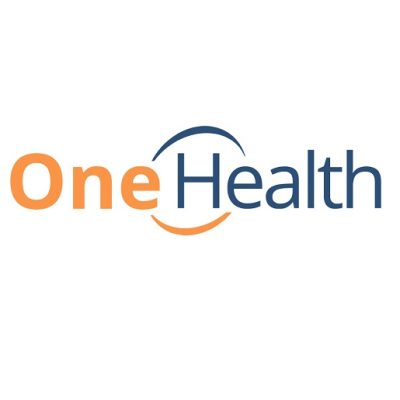Gynaecology waiting lists in the UK have more than doubled since early 2020, with current figures indicating over 755,000 pending appointments compared to 360,400 pre-pandemic. This backlog means at least 630,000 people are waiting for care, facing issues ranging from fibroids and endometriosis to incontinence and menopause support. While UK health ministers have expressed intentions to improve the situation, healthcare leaders and advocates believe women’s health continues to be deprioritised.
Anna Cooper, a 31-year-old from Wales, exemplifies the human cost of these delays. Living with severe endometriosis since her teens, she has endured 17 operations, including a hysterectomy and the permanent placement of two stomas. Her condition has drastically affected her quality of life, limiting her ability to work, socialise, and function daily. Despite spending £25,000 on private surgeries, she remains on NHS waiting lists, reflecting widespread frustrations among women unable to access timely care. She attributes her current health complications to years of delayed diagnosis and treatment, which she believes could have prevented organ damage and premature menopause.
Healthcare professionals, including Dr Ranee Thakar, President of the Royal College of Obstetricians and Gynaecologists (RCOG), argue that the gynaecology backlog highlights systemic neglect of women’s health. Dr Thakar notes that delays not only worsen medical outcomes but also have wider social and economic implications, including a £11 billion annual cost to the UK economy from work absences linked to gynaecological conditions. The RCOG and other organisations are calling for increased funding and resources to prioritise women’s health and address these disparities.
Recent NHS data shows slight improvements, with a drop in waiting list numbers by over 4,700 in one month. However, challenges persist; there were only 66 gynaecology patients waiting over a year in February 2020, compared to more than 22,000 today. Efforts such as expanding community-based women’s health hubs and creating regional women’s health plans are underway, with varying levels of progress across England, Wales, Scotland, and Northern Ireland.
Despite promises of reform, individuals like Anna Cooper remain sceptical about the pace of change. Advocates are urging governments to follow through on commitments to ensure women’s health receives the attention it deserves, stressing that lives are at stake. As Anna reflects on her own experience, she voices her concern for future generations, hoping for a healthcare system that truly prioritises women’s wellbeing.
While there are glimpses of improvement, the UK’s gynaecology backlog continues to highlight significant gaps in women’s healthcare. With systemic changes still in progress, there is an urgent need for governments to turn commitments into action and ensure timely, equitable care for all.
One Health Group PLC (AQSE:OHGR) are a team of Consultant Surgeons and Healthcare managers working with the NHS to provide faster, local and expert care in Orthopaedics, Spinal, General Surgery and Gynaecology.



